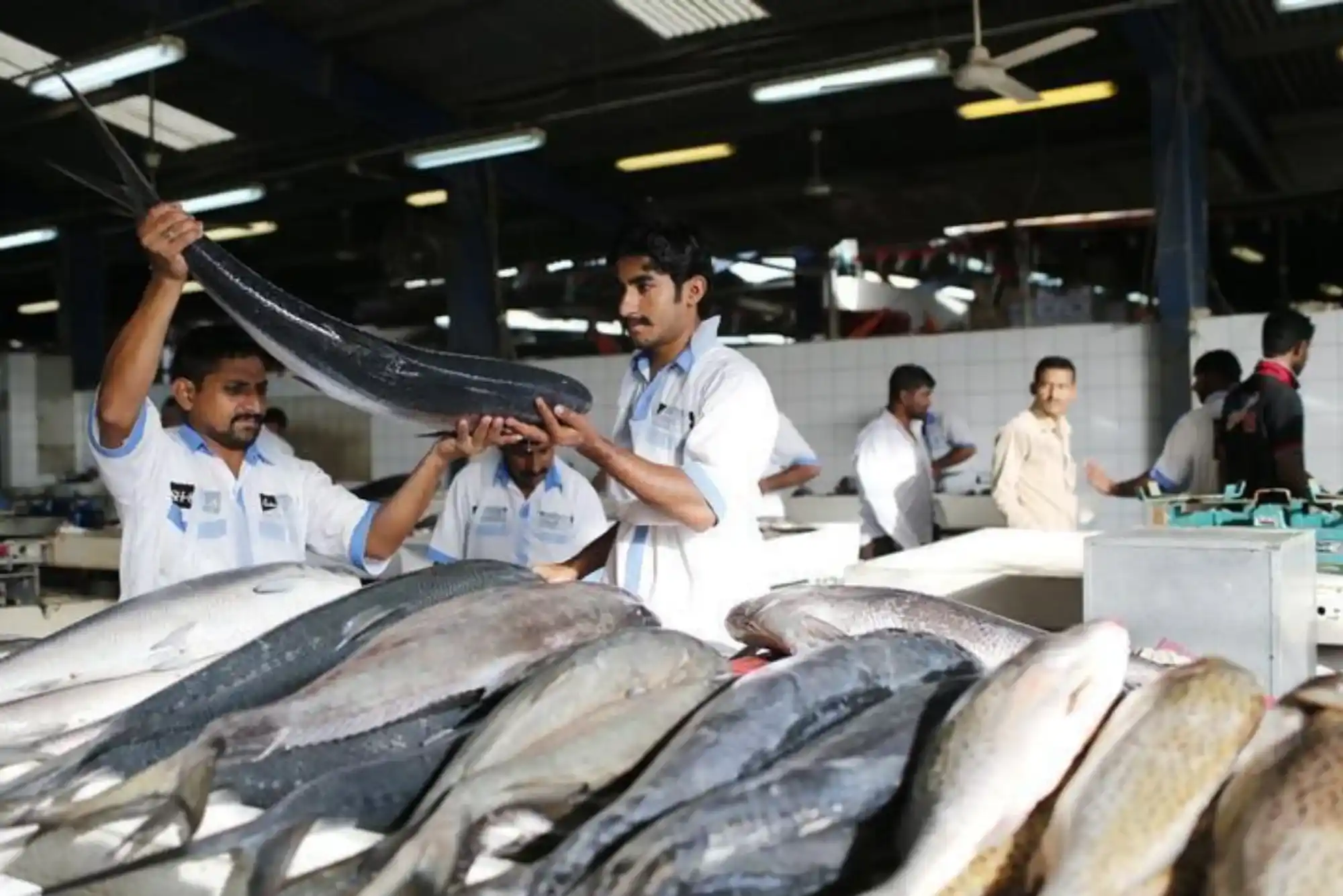Money laundering remains one of the most scrutinized financial crimes in the United Arab Emirates (UAE), especially in Dubai, a global financial and business hub. As the region continues to attract investment, trade, and international financial activity, the potential for illicit financial practices has grown, prompting authorities to enforce stringent anti-money laundering (AML) laws. Consequently, criminal lawyers in Dubai play a critical role in the legal framework surrounding such offenses.
Understanding the experience these legal professionals have in dealing with money laundering cases requires a look at the legal landscape, regulatory enforcement, procedural standards, and the depth of legal strategy required to defend or prosecute such complex cases. In this article, we’ll explore the expertise typically possessed by these lawyers, the nature of their work in financial crime cases, and why their knowledge of both local and international law is so essential.
The Legal Framework of Money Laundering in the UAE
Before diving into the practical experience of legal professionals, it’s important to understand the foundation of money laundering laws in the UAE. The country has developed a robust set of regulations in compliance with international standards, particularly those set by the Financial Action Task Force (FATF). These laws are designed to prevent the concealment of the origins of illegally obtained money, typically by means of transfers through legitimate businesses or financial channels.
Money laundering is criminalized under UAE Federal Law, and its definitions include a broad range of activities, from the direct handling of illicit funds to the indirect facilitation of their movement or concealment. Criminal proceedings may be initiated against individuals, corporations, or even financial institutions found in violation of these statutes. The process is often accompanied by parallel investigations into related crimes such as fraud, embezzlement, bribery, and terrorism financing.
The multi-layered nature of these cases necessitates legal counsel with substantial experience not only in criminal defense but also in corporate law, finance, and international compliance standards.
Practical Experience of Criminal Defense Lawyers in Financial Crimes
In Dubai, legal professionals who specialize in criminal law often handle a diverse range of cases. Those who develop a focus on financial crimes such as money laundering acquire their experience through years of specialized practice in defending clients against complex and often cross-border allegations. This expertise is built upon a deep understanding of both procedural and substantive criminal law.
The experience of these lawyers usually involves handling cases at various stages of litigation, from preliminary investigation and police inquiries to court trials and post-verdict appeals. Many have dealt with high-stakes cases involving multinational corporations, high-net-worth individuals, or professionals from regulated sectors like banking, real estate, and cryptocurrency.
Often, money laundering cases involve an intricate trail of financial transactions, necessitating the lawyer’s ability to interpret forensic accounting records, electronic correspondence, and evidence retrieved from digital devices. Lawyers in this field typically work in coordination with forensic accountants, compliance officers, and cybersecurity experts to develop an effective defense or prosecution strategy.
This kind of multidisciplinary engagement reflects the comprehensive experience that criminal defense professionals in Dubai possess when navigating money laundering cases.
Collaboration with Regulatory Authorities and International Bodies
Money laundering cases in Dubai rarely exist in isolation. They often involve cooperation between local law enforcement bodies such as the Dubai Police, the Public Prosecution, and the UAE’s Financial Intelligence Unit (FIU). Furthermore, in cases involving foreign nationals or cross-border money transfers, international agencies such as Interpol, Europol, or other national financial crime units may become involved.
Experienced legal professionals in Dubai are well-versed in the procedural nuances of working with these agencies. They understand how to manage issues of jurisdiction, extradition, and mutual legal assistance treaties (MLATs). These capabilities are essential for effectively representing clients in cases that may span several legal systems and involve evidence collected across borders.
Being fluent in this international legal language requires years of hands-on practice, ongoing education, and regular interaction with evolving AML guidelines. It is this constant interface with both domestic and international regulatory systems that defines the high level of experience seen among criminal lawyers in Dubai.
Knowledge of Banking and Corporate Compliance
Another aspect of money laundering cases is the involvement of corporate entities, banks, or financial institutions. Legal professionals must be able to assess the compliance procedures of these entities, evaluate whether internal controls were breached, and determine whether negligence or complicity was at play.
Such evaluations often necessitate a firm grasp of banking laws, corporate governance, and internal audit processes. Lawyers working in this field are commonly called upon to analyze a company’s Know Your Customer (KYC) protocols, transaction monitoring systems, and reporting mechanisms.
Their experience is also reflected in their ability to challenge or support the admissibility of evidence generated by compliance departments. For example, if a financial institution flags certain transactions as suspicious, a skilled lawyer must be capable of either disputing or defending the legitimacy of those reports, based on concrete legal and evidentiary grounds.
It is this cross-functional legal expertise that empowers criminal defense professionals to deliver strong representation in cases where financial systems and legal standards intersect.
Courtroom Experience and Litigation Strategy
Money laundering allegations often lead to full trials, especially when the charges are serious or politically sensitive. The courtroom experience of legal practitioners becomes a critical component in such scenarios. Those who have spent years representing clients in similar matters tend to possess strong litigation skills, including cross-examination, witness presentation, and argumentation.
A well-experienced criminal defense lawyer will typically prepare detailed legal submissions, pre-trial motions, and expert testimonies to strengthen the client’s position. Whether defending or prosecuting, the ability to anticipate the opposition’s strategy, challenge procedural violations, or question the chain of custody for financial documents is essential.
In many instances, the outcome of a money laundering case can rest on how evidence is presented and interpreted. Skilled courtroom advocacy, therefore, is one of the most telling signs of experience in this field.
Risk Mitigation and Legal Advisory Services
In addition to defending clients in court, legal professionals in Dubai often provide risk mitigation and advisory services to businesses. This includes guidance on implementing AML-compliant systems, conducting internal investigations, and responding to regulatory audits. These services not only help prevent potential legal exposure but also demonstrate the preventative side of legal practice in money laundering.
This advisory role is especially crucial in industries that are at high risk of money laundering, such as finance, construction, precious metals, and real estate. Lawyers with experience in this area are often retained on a long-term basis to help companies stay ahead of regulatory changes and potential legal challenges.
Their expertise in interpreting new legislation, court rulings, and enforcement trends adds substantial value to corporate clients looking to operate within the bounds of the law while maintaining efficiency.
Adapting to Evolving Regulatory Landscapes
Money laundering tactics evolve with technology and international finance. As such, legal practitioners must keep pace with developments in digital banking, cryptocurrencies, offshore finance, and virtual asset transfers. This is not a one-time learning process but an ongoing commitment to professional development.
Those with experience in handling cases involving blockchain technology, digital wallets, or peer-to-peer transfers often lead the field in modern financial crime litigation. They are adept at interpreting newly issued regulations and understand how to trace illicit funds through unconventional means.
This adaptability is essential in Dubai’s dynamic environment, where global innovation intersects with local regulation. It is this forward-thinking mindset that enables experienced lawyers to anticipate legal shifts and prepare effective defense strategies before problems escalate.
Conclusion
Money laundering remains a significant concern for regulatory authorities and business leaders in Dubai. In this environment, legal professionals who specialize in financial crime defense play a pivotal role in safeguarding justice and ensuring compliance with the law.
The experience of these professionals spans litigation, regulatory collaboration, financial analysis, international law, and risk management. Their exposure to complex cases—both domestic and international—equips them with the depth of knowledge required to handle even the most sophisticated financial crime allegations.
For companies and individuals facing allegations or simply looking to ensure compliance, working with criminal lawyers in Dubai who have demonstrable experience in money laundering cases can make a critical difference. Their comprehensive understanding of the law, procedural rigor, and strategic insights are essential assets in navigating the complexities of financial crime in a globalized world.








